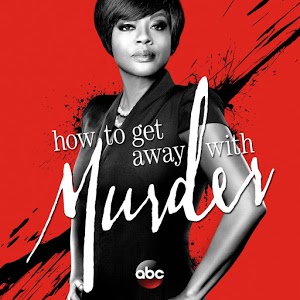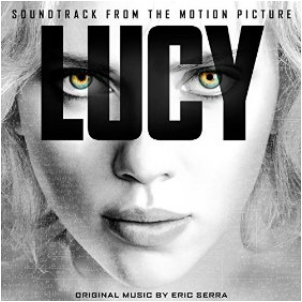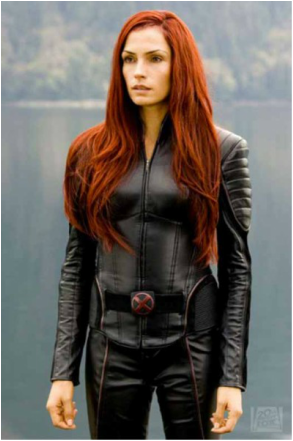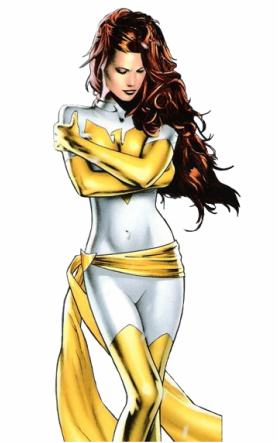|
Unparalleled intelligence; physical prowess that borderlines superhuman; unmatched awareness of the self; they’re all characteristics assigned to the modern female lead, who’s a single woman dominating the working world, or a superhero asserting her power over a weaker and often male counterpart. It’s a transitory time, when women in movies are no longer solely portrayed as Damsels in Distress, but are given the protagonist role that has us leaving the theaters feeling empowered and hopeful that we’re finally gaining some realistic representation in the popular world; but are we really?
It’s the question I’m forced to ask myself each time I finish a movie or series with a supposedly strong female lead, who plays her role with prominently displayed cleavage and who often entertains a hyper-sexualized dialogue about her body. Hollywood declared that 2012 was “The Year of Women” for the film industry, a reflection that the strong female is the new power male of our society, but many people are finding representations to remain largely skewed in favor of men. There’s a serious lack of speaking roles for women, especially as anything other than a support character, and those that are given the chance as a lead are frequently depicted in a heavily feminized way. What often appear as independent, self-sufficient characters at first-glance are eventually revealed as hysterical women who are forced to employ the help of others to solve their generic, and highly feminine issues. It is usually an emotional obstacle the female character is challenged to overcome, unlike the critical thinking problems male characters are shown solving. That’s not to say that the complications and ingenuities of the female characters’ struggles are not real, or not worthy of highlighting as strong moments in a person’s life; it’s simply that the lack of neutral symbolism perpetuates the idea that women are not faced with, and cannot then comprehend, anything other than emotional stressors. It’s the very misconception that the female heroine – who’s supernatural, or otherwise superhuman in some way – is an example of feminine strength that hinders the film industry from making any progress. And when a strong female character is highlighted, it’s in a gender distinctive way; she’s either assuming a masculine persona, as if to over-compensate for her femininity, or she’s overly effeminate, and therefore not taken seriously in her position of power. This occurrence isn’t reserved for summer blockbusters and other fictional media either; a good example of the media’s glaring double standard in how it depicts real women was evident in the coverage of Hillary Clinton when she ran for president the first time. A majority of discussions were based around what Clinton was wearing, rather than the important messages she was sending, and while the focus on her clothing isn’t explicitly sexist, the coverage of male politicians almost never highlights their attire, which is why it’s worth noting. The skewed coverage reduces her position of power, and makes viewers subconsciously discount her stance on important political issues. We celebrate the influx of female superheroes, let our guard down a bit at the fact that she’s there on screen, dictating the situation which appears to be equal to that of her male-counterparts. But there’s something else she commands, and it soon becomes obvious that the power of her body is being used in more than one way. We’re well aware that sex sells, and that this fact is not inherently gender specific. Male superhero characters are given tight costumes and demanded unrealistic muscles much like female characters are asked to leave nothing to the imagination while out fighting crime. Beyond the basic image, though, lies a deeper implication. The revealing nature of the male’s outfitting is to highlight his immense strength; his physiology is decorated to prove his superiority. On the other hand, the scant clothing of the female character focuses on her sexuality; her power doesn’t come from physical strength but from her ability to distract and woo with her fertile curves. She’s not a strong woman; she’s dainty, with often unnatural proportions.
Even more so, while a male character’s powers usually display sheer corporeal capabilities, a female’s are often based on her emotions, and her very control over her instability becomes the implied prowess. She is able to influence others mentally, or emotionally, and is sometimes asked to disappear completely in order to prevail. Phoenix for example has telepathic and telekinetic powers. She is described as being a caring, nurturing figure, but also struggles with control over her powers, which are sometimes too much for her to handle alone, thereby forcing her to rely on others for resolution. And the only physical-based representation of a female superhero comes as the counterpart of an existing male character; and what’s more, is that often these ancillary characters transform into victims later in the fictitious storyline.
While it’s not an explicitly negative message being communicated in the hyper-feminized portrayal of the strong female lead, one could argue that the blatant eroticization of female characters influences viewers in fairly apparent ways. It becomes hard for a viewer to detach from the visual stimuli and still perceive other qualities, one being that women are in fact capable of strength and independence. Men, children, and certainly other women then internalize the message, and respond with personal and social behaviors that serve to shape our environment. The pervasiveness of the trope of the hypersexualized female creates a social climate in which the objectification of women remains acceptable, and the pressure to conform to these projected fictitious ideals becomes an everyday struggle for women and young girls. As self-esteem lowers, the rate of eating disorders and other psychological disorders increases rapidly. And without a relatable feminine character to act as a realistic hero, these falsified figures become the status quo for women; the expectations they’re influenced to adhere to. If a light is myopically focused on the imagined woman, the real strong women of the world will fall into the dark, their voices unheard. The scrutiny of strong female characters in the media is not about more representation per se, but about equalized representation; it’s about an environment in which women are depicted realistically, and where that reality is celebrated rather than condemned. It’s a subtle changing of social expectations, to a point that media companies don’t hold all of the deciding power, but people do. It’s the understanding that these gender distinctions still exist in our culture, and that they weigh heavily on our consciousness and self-perception. And finally it’s a simple awareness that these ideals and expectations are not real, that these pressures are unfair and unattainable, and that the only way to enact any kind of change is to be conscious of the messages hidden behind scant clothing and sexual dialogue; the skewed information will always exist, the question then only becomes whether or not you’ll listen to it. Morgan Kraljevich Morgan is a freelance writer with a BA in both Journalism and Women’s Studies. An avid reader and amateur coffee connoisseur, she can often be found at the local cafes reading and writing in her worn-out journal. Hoping to one day set her sights on each square inch of the world, she often spends hours globetrotting in reverie. Follow Morgan on Twitter to see other articles and various cat-based inclusions.
Morgan Kraljevich
8/3/2015 01:52:26 am
I agree. I think the fact that they chose a female lead for the Lucy story was commendable given that the character is based around mental superiority (a trait often associated with males), but she is often shown leveraging her sexuality for gain, shown in revealing clothing, etc. It was close but missed the mark in my opinion, and thank you for the appreciation!
David
12/27/2015 10:02:46 am
Movies need to show more strong, feminine women. I think were Hollywood is going wrong is depicting strong masculine energy women, which is just as damaging as depicting highly sexualized women. We are sadly lacking movies that depict truly feminine women standing in their feminine energy and being celebrated, honored, and cherished for that.
Morgan
3/2/2016 07:36:30 am
I so agree! To pretend that women are no different from men is to ignore all that makes each so special. 'Femaleness' is no less strong than 'maleness', just a different kind of strength. Thanks!
Morgan
3/2/2016 07:37:11 am
Thank you for the feedback! 7/13/2022 12:48:56 am
Is not quite a myth it is just a big Hollywood propaganda :)) Comments are closed.
|
.
.
Tags
All
|




 RSS Feed
RSS Feed